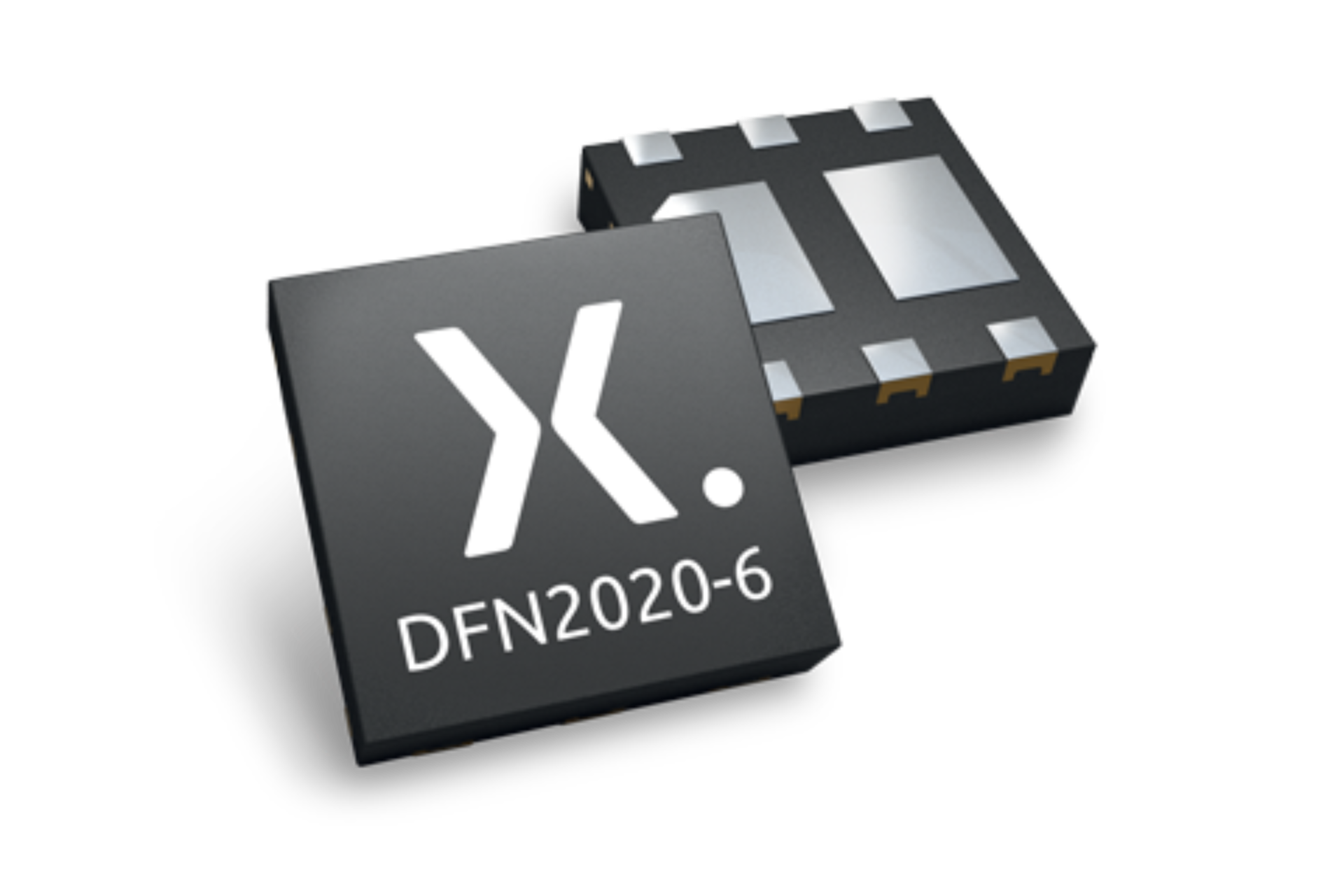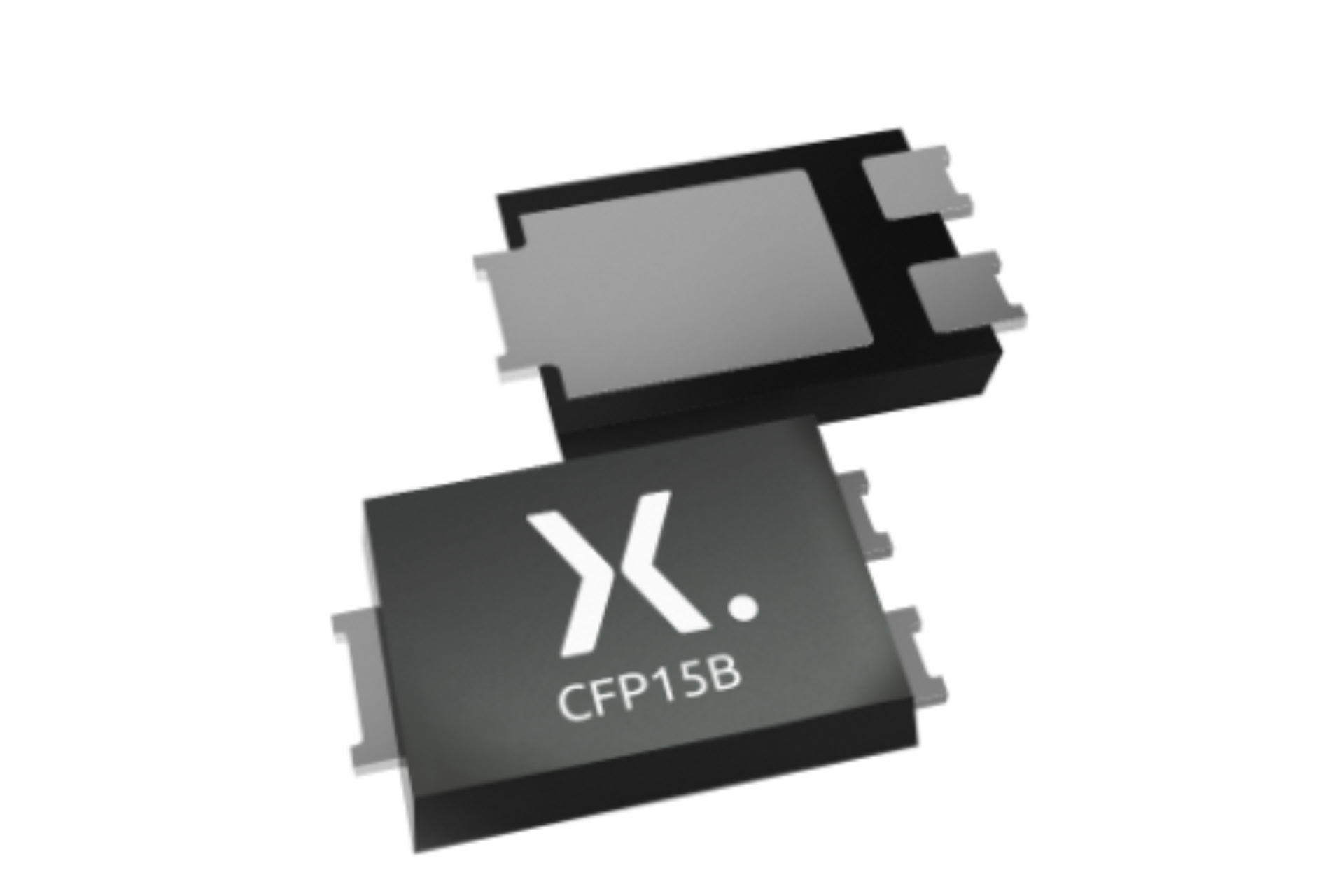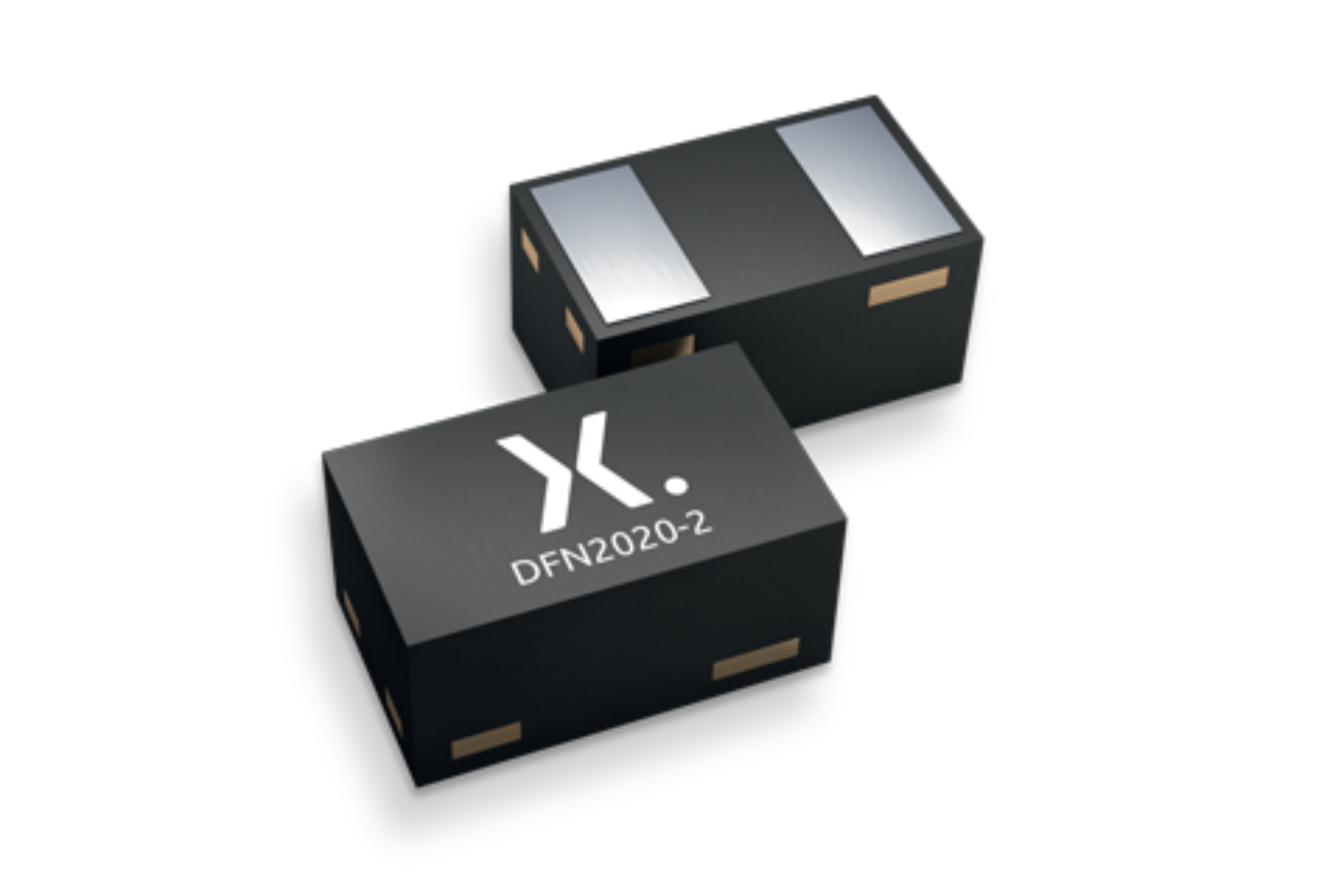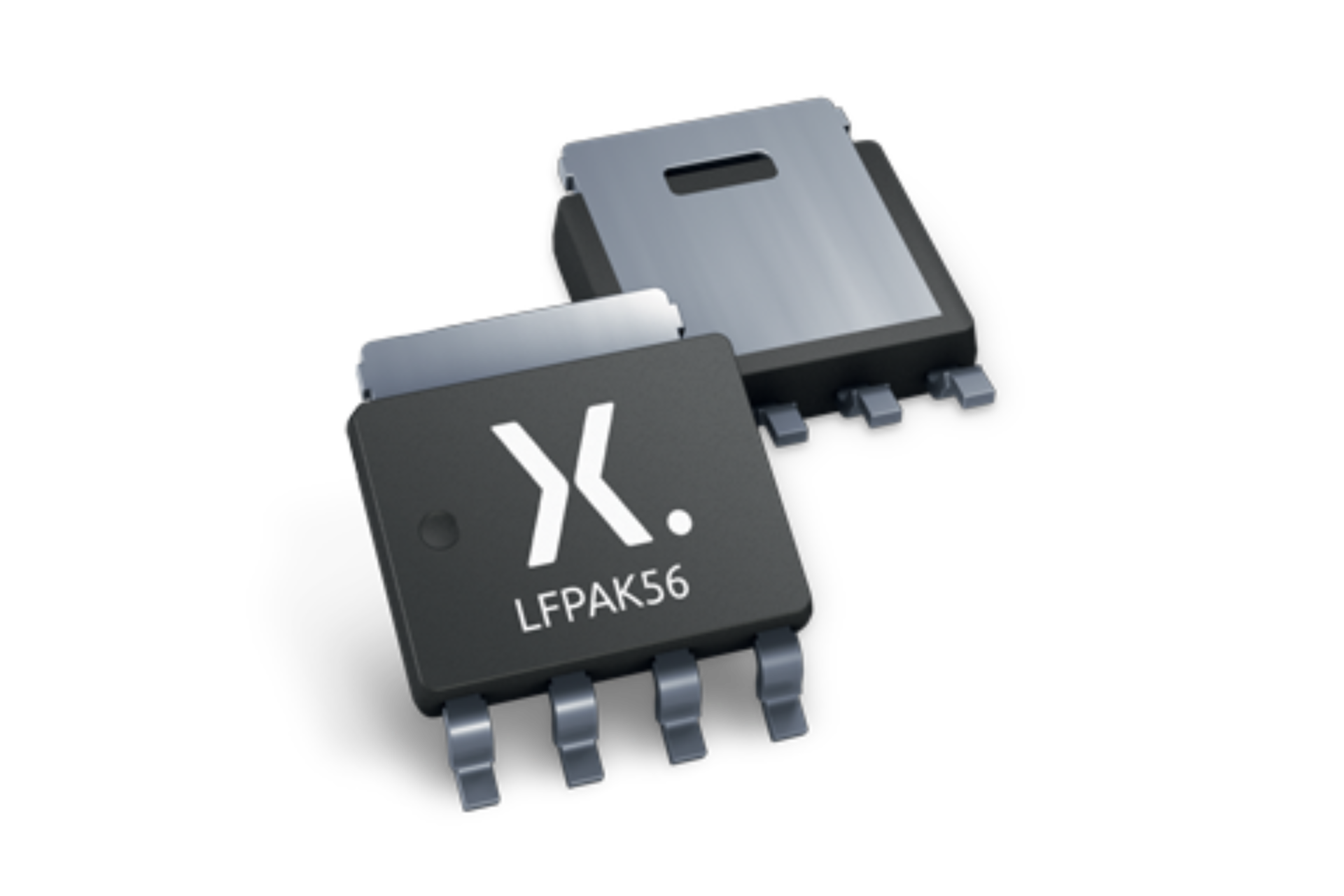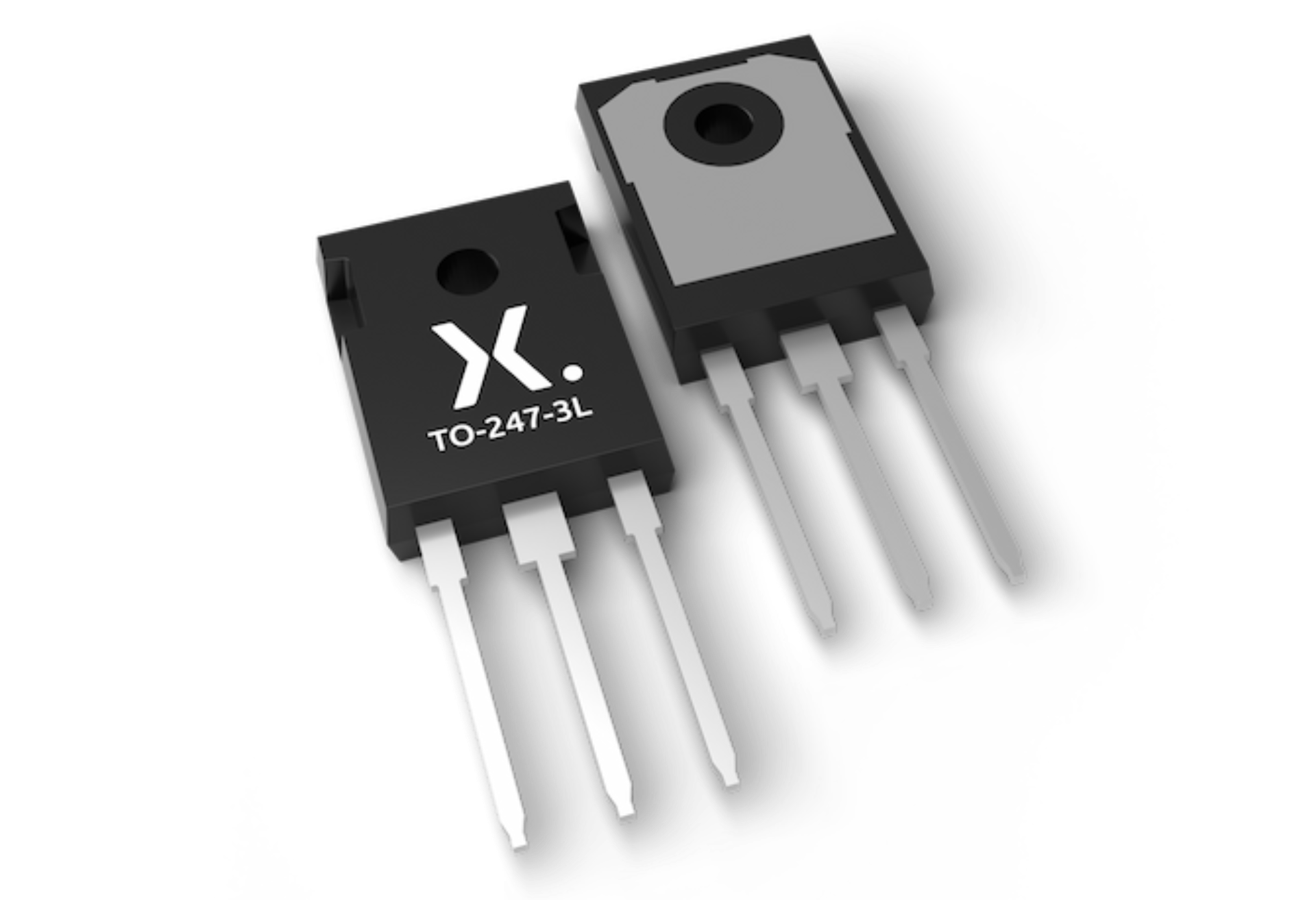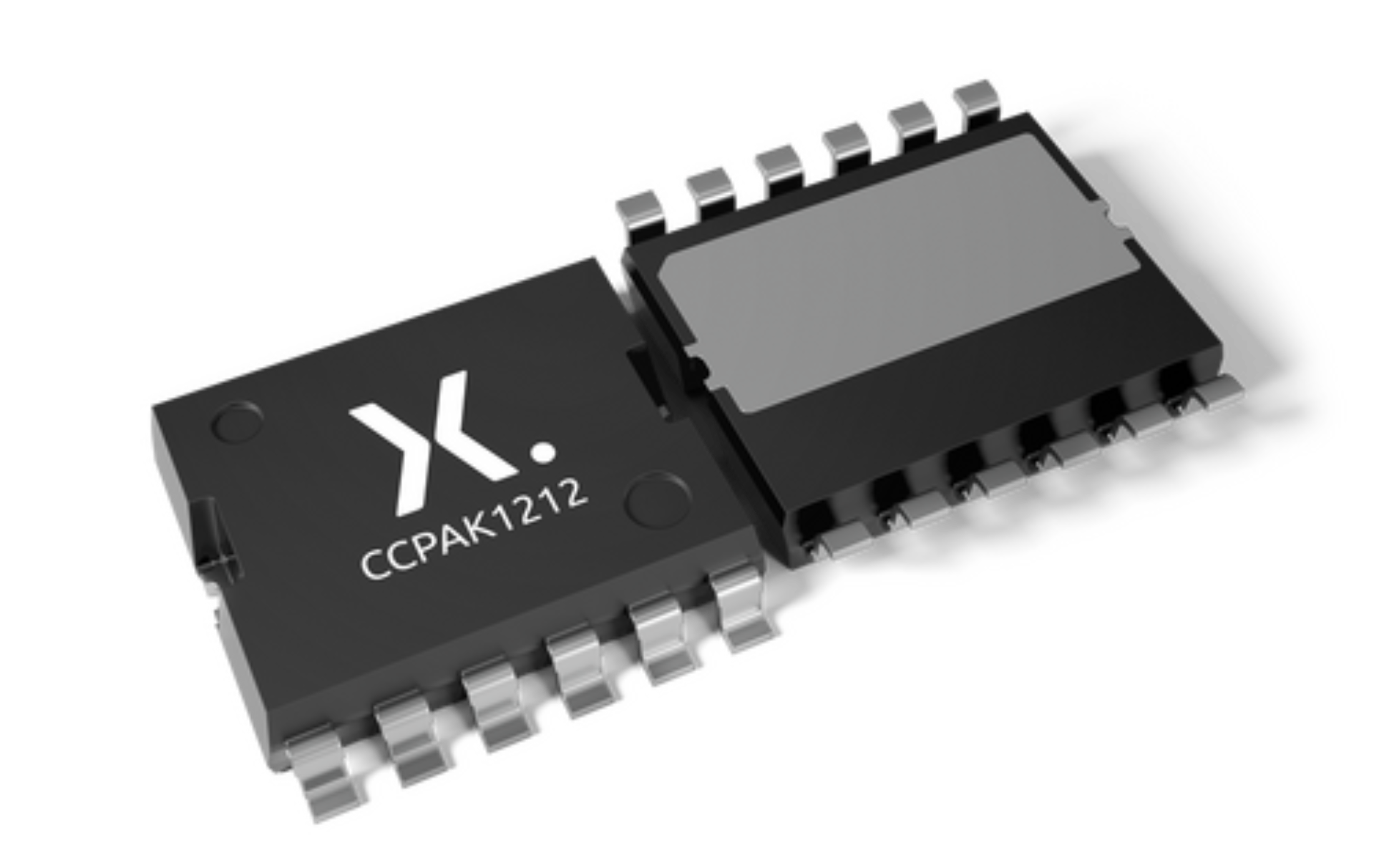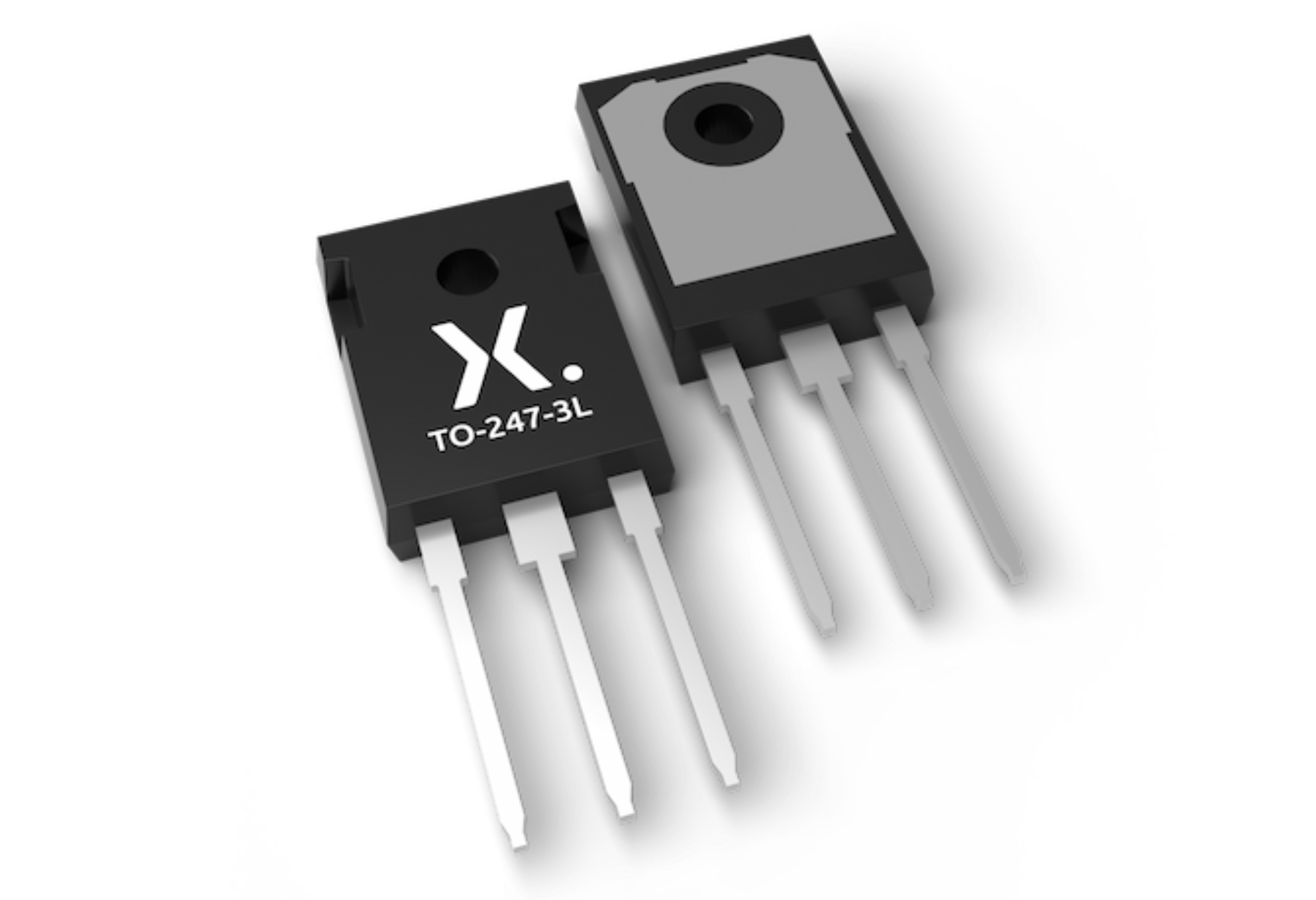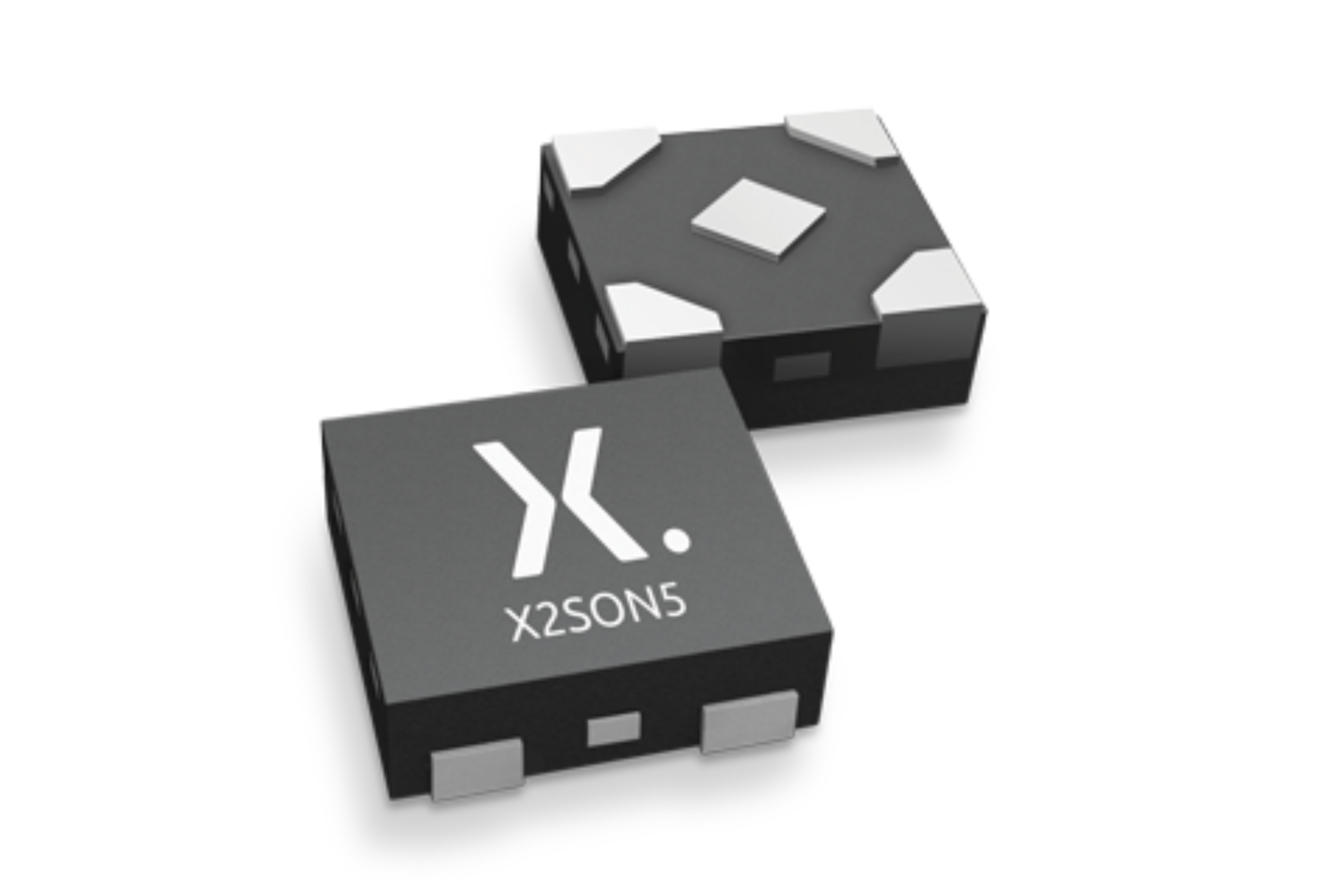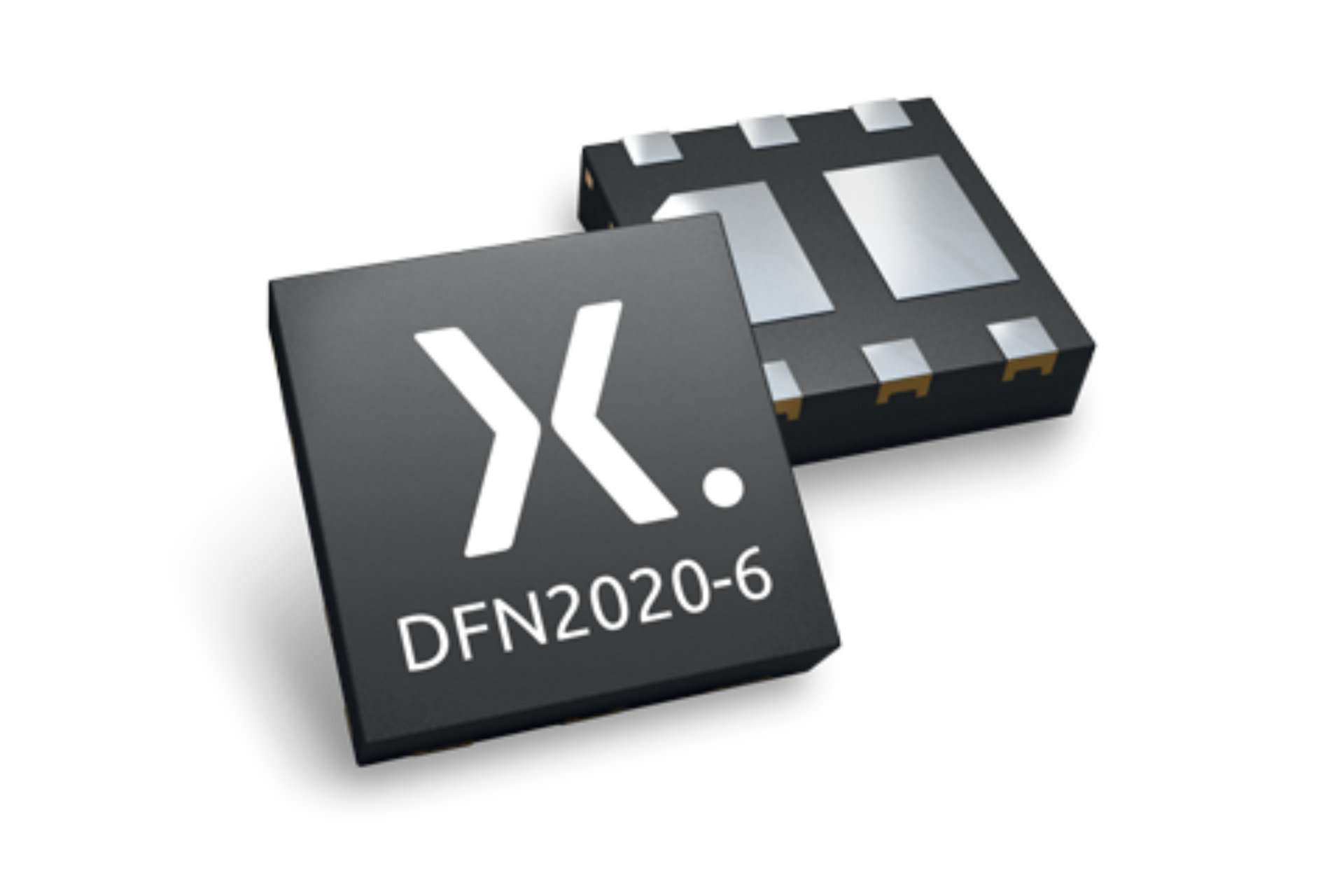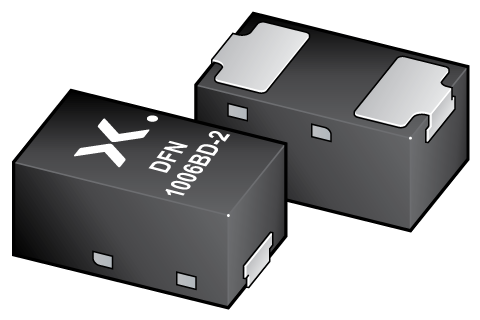
Register once, drag and drop ECAD models into your CAD tool and speed up your design.
Click here for more informationBZX884S-C5V1
Voltage regulator diodes
General-purpose Zener diodes in an ultra small SOD882BD (DFN1006BD-2) leadless Surface Mounted Device (SMD) plastic package with side-wettable flanks.
Alternatives
Features and benefits
Leadless ultra small plastic package with side-wettable flanks suitable for surface-mounted design
Two tolerance series: ± 2 % and approximately ± 5 %
Wide working voltage range: nominal 2.4 V to 75 V (E24 range)
Applications
General regulation functions
Package
All type numbers in the table below are discontinued.
| Type number | Orderable part number, (Ordering code (12NC)) | Status | Marking | Package | Package information | Reflow-/Wave soldering | Packing |
|---|---|---|---|---|---|---|---|
| BZX884S‑C5V1 | BZX884S‑C5V1YL (934661922315) |
Obsolete | no package information | ||||
Environmental information
All type numbers in the table below are discontinued.
| Type number | Orderable part number | Chemical content | RoHS | RHF-indicator |
|---|---|---|---|---|
| BZX884S‑C5V1 | BZX884S‑C5V1YL | BZX884S‑C5V1 |
|
|
Series
Documentation (2)
| File name | Title | Type | Date |
|---|---|---|---|
| BZX884S_SER | Voltage regulator diodes | Data sheet | 2021-02-10 |
| BZX884S-C5V1_Nexperia_Product_Reliability | BZX884S-C5V1 Nexperia Product Reliability | Quality document | 2022-03-21 |
Support
Please contact us if you have any questions. If you are in need of design support, please fill in the technical support form, we will get back to you shortly.
Please visit our engineer exchange forum or contact us for further support.
Longevity
The Nexperia Longevity Program is aimed to provide our customers information from time to time about the expected time that our products can be ordered. The NLP is reviewed and updated regularly by our Executive Management Team. View our longevity program here.
Models
No documents available
How does it work?
The interactive datasheets are based on the Nexperia MOSFET precision electrothermal models. With our interactive datasheets you can simply specify your own conditions interactively. Start by changing the values of the conditions. You can do this by using the sliders in the condition fields. By dragging the sliders you will see how the MOSFET will perform at the new conditions set.
